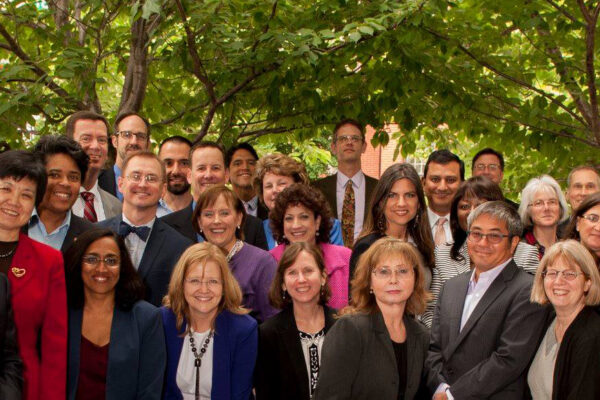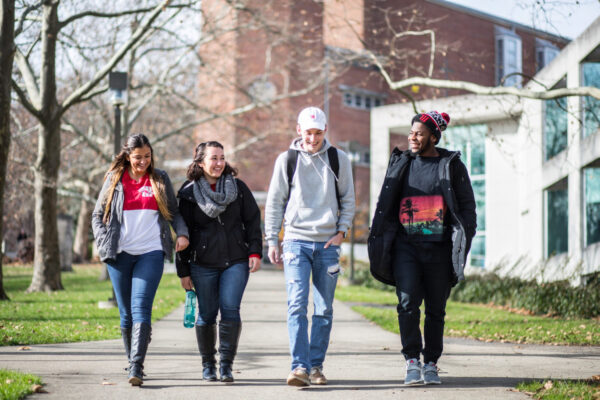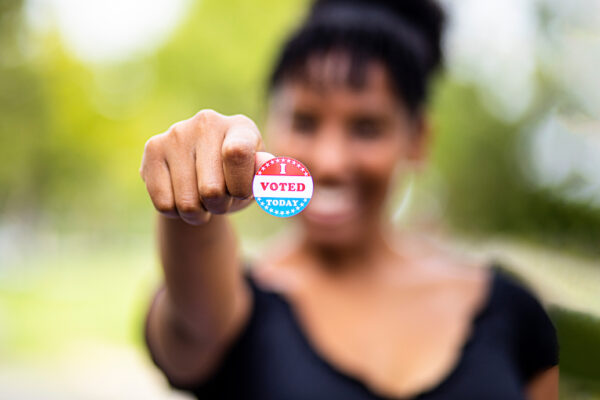GAO Report Criticizes “Fix” to the Temporary Expansion of the Public Service Loan Forgiveness Program
Title: Public Service Loan Forgiveness: Improving the Temporary Expanded Process Could Help Reduce Borrower Confusion
Source: U.S. Government Accountability Office (GAO)
GAO released a new report this week criticizing a recent fix to the Public Service Loan Forgiveness (PSLF) program. PSLF is intended to forgive student loans after 10 years for borrowers who work in the public sector, such as for a nonprofit or the government.
Last year, Congress made an attempt to fix some of the program’s flaws with an add-on program called Temporary Expanded Public Service Loan Forgiveness (TEPSLF). But according to the GAO report, ED rejected 99 percent of loan forgiveness requests made under the new program, approving only 661 of 54,000 applications processed between May 2018 and May 2019. Ninety-nine percent of applicants have been rejected under the original PSLF program as well, which is the problem TEPSLF was intended to fix.
The GAO recommends that Congress streamline both the PSLF and TEPSLF processes and calls on ED to be more transparent about the program’s requirements.
If you have any questions or comments about this blog post, please contact us.


